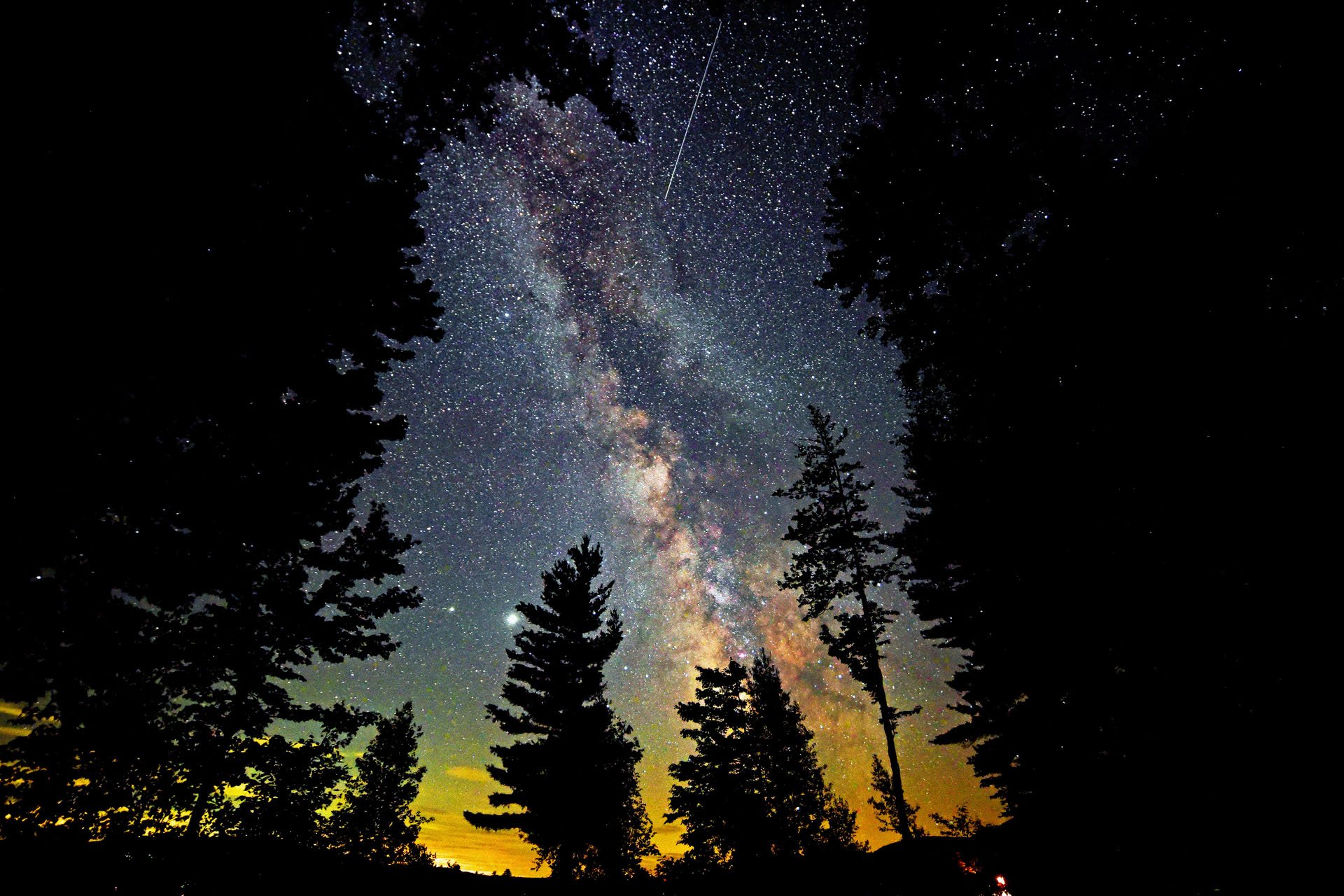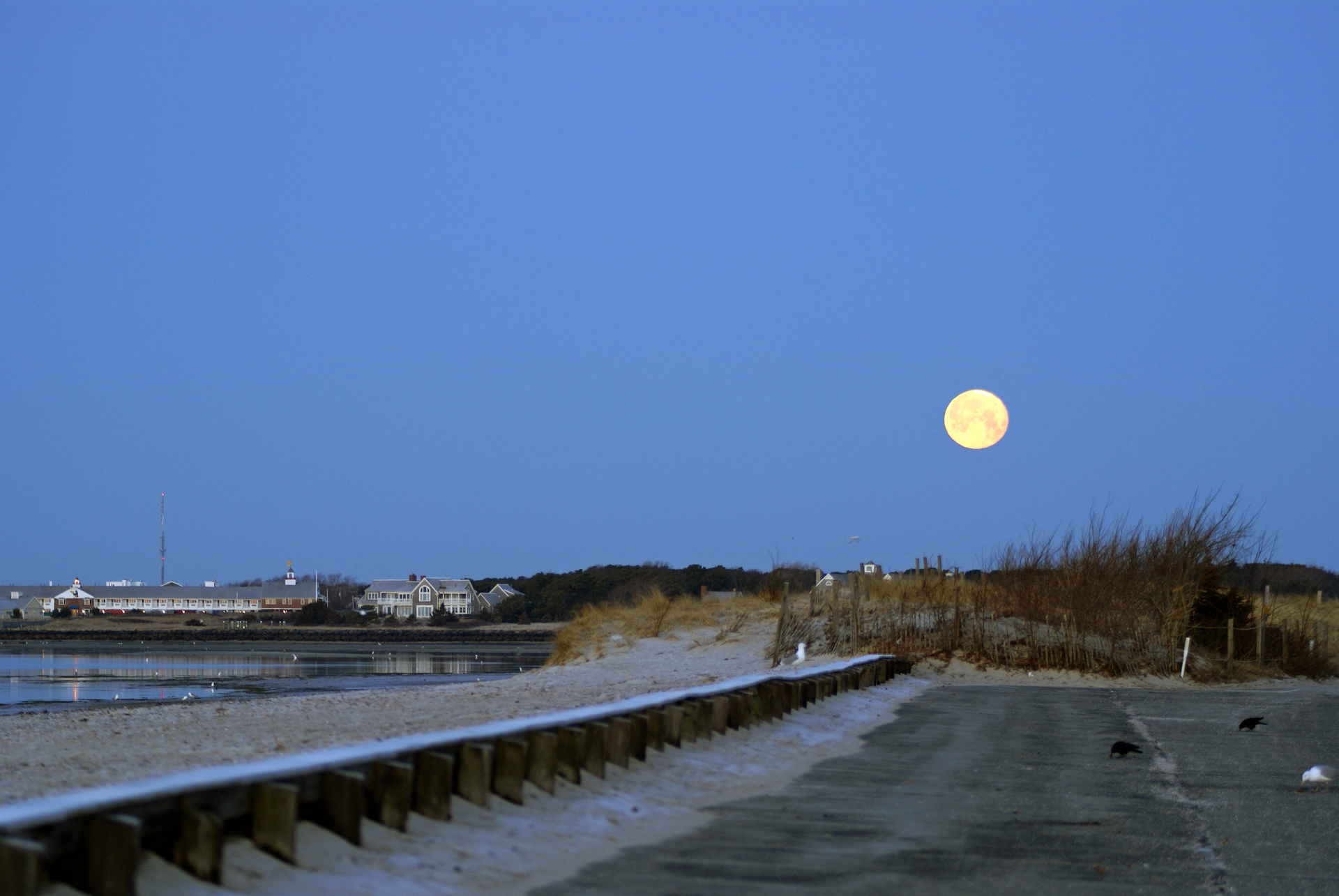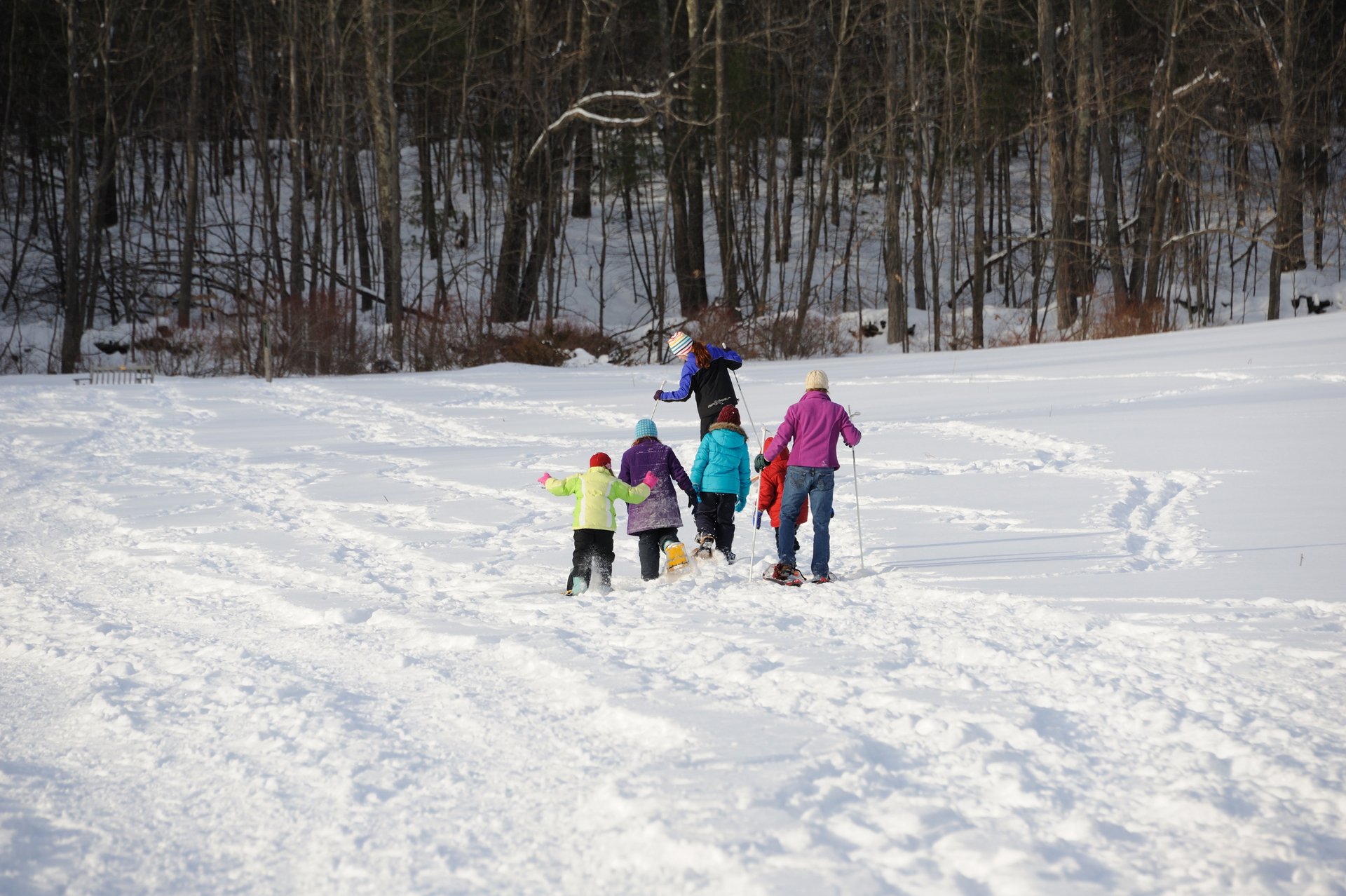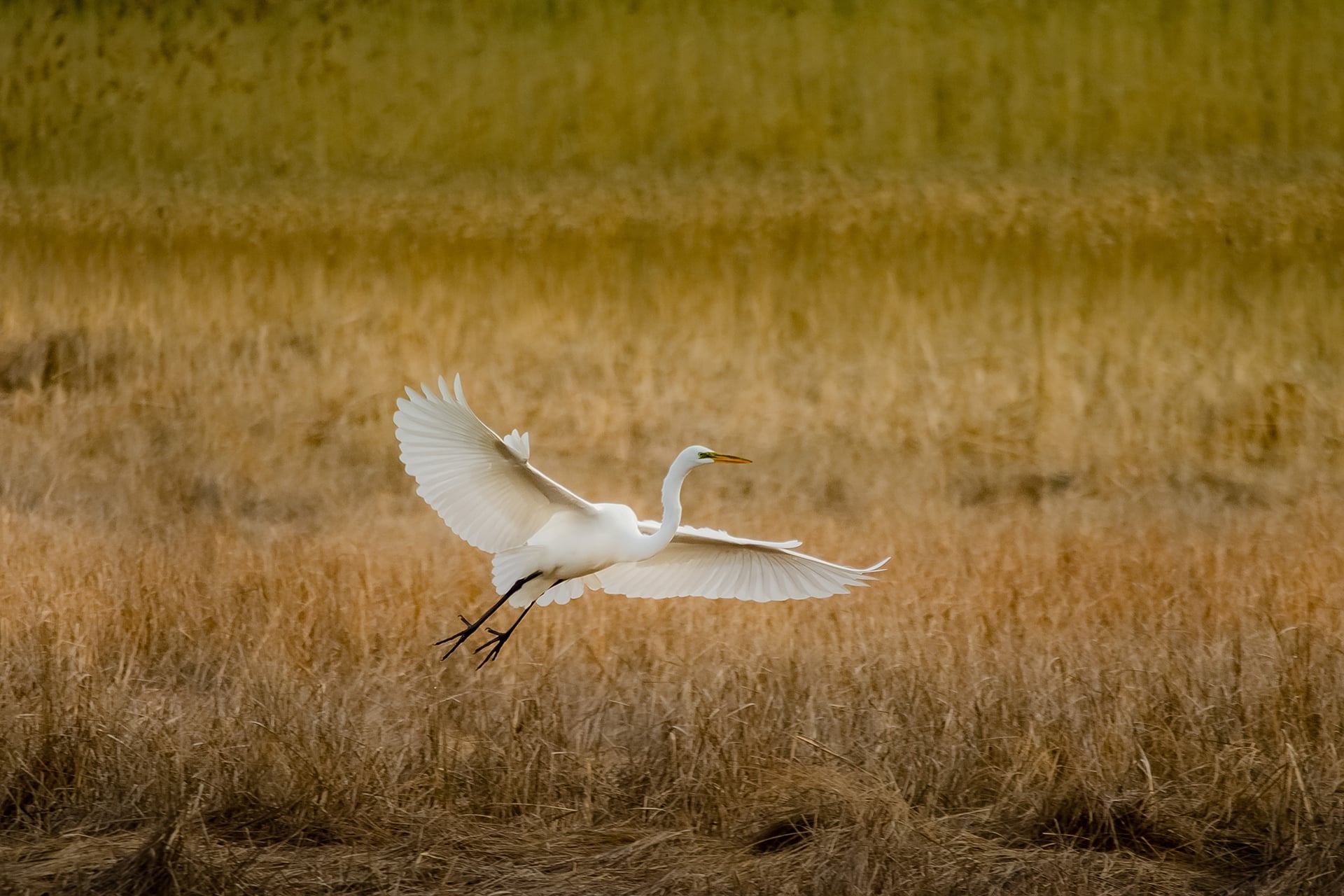Nature Activities
Winter Stargazing
Winter might seem like a chilly time to be out under the stars at night, but dry air and cool temperatures often make for crystal-clear skies—perfect for winter stargazing.
Once the sun goes down, bundle up, and find a spot outdoors away from any lights to see some alluring astronomical sights.
Magnificent Meteors
Meteor showers happen when grains of rock or dust that hit our atmosphere. Some of these grains are broken bits of asteroid, some are left behind by passing comets. As the meteors burn up, they create a glowing tail we can see from Earth.
In December, Geminid meteor shower can produce up to 120 meteors an hour. Meteors will appear to shoot from the direction of the Gemini constellation, or the 'twins'. And the Quadrantid meteor shower peaks in early January. The meteors from this shower are believed to be the dust trail of an extinct comet, known as 2003 EH1.
A comfortable camp chair, a blanket, and some hot cocoa might be just the ticket for enjoying this show. The meteors from this shower are believed to be the dust trail of an extinct comet, known as 2003 EH1. Prime viewing time occurs after the moon sets (around midnight).
The Stars Align
Various constellations make their appearance during the winter, including well-known Orion, the hunter. He’s not hard to find: look for a straight line of three equally spaced, equally bright stars—that’s his belt. Below this belt on the left side is Orion’s Nebula, an area where new stars are being born. His belt, shoulders, and feet form an hourglass in the sky. The twin forms of Gemini and the baleful red “eye” of Taurus, the bull, can be found nearby and are also easy to spot.
Star Light, Star Bright
Several open star clusters (large groupings of bright stars) sparkle brilliantly this time of year. The best known among these are the Pleiades or “seven sisters,” the Beehive, and on a dark night, the Double Cluster between Cassiopeia and Perseus.
Upcoming Stargazing Programs
Starlight and S'Mores
-
Wachusett Meadow Wildlife Sanctuary, Princeton
-
Saturday, February 21
90-minute sessions from 5:00-8:00pm
Adults & Families - 0 - 17
Full Moon Owl Prowl
-
Felix Neck Wildlife Sanctuary, Edgartown
-
Tuesday, March 3
5:30-6:30pm
Adults & Families - 0 - 17
Nature Time: The Night Sky
-
Blue Hills Trailside Museum, Milton
-
Thursday, March 5
11:00-11:45am
Families - children 2 - 3 years
Latest News
See MoreThe Surprising Origins of "Once in a Blue Moon"
Keep ReadingLet It Snow: How to Get Outdoors This Winter
Keep ReadingMessage from Our President: A Milestone to Celebrate
Keep ReadingStay Connected
Don't miss a beat on all the ways you can get outdoors, celebrate nature, and get involved.






